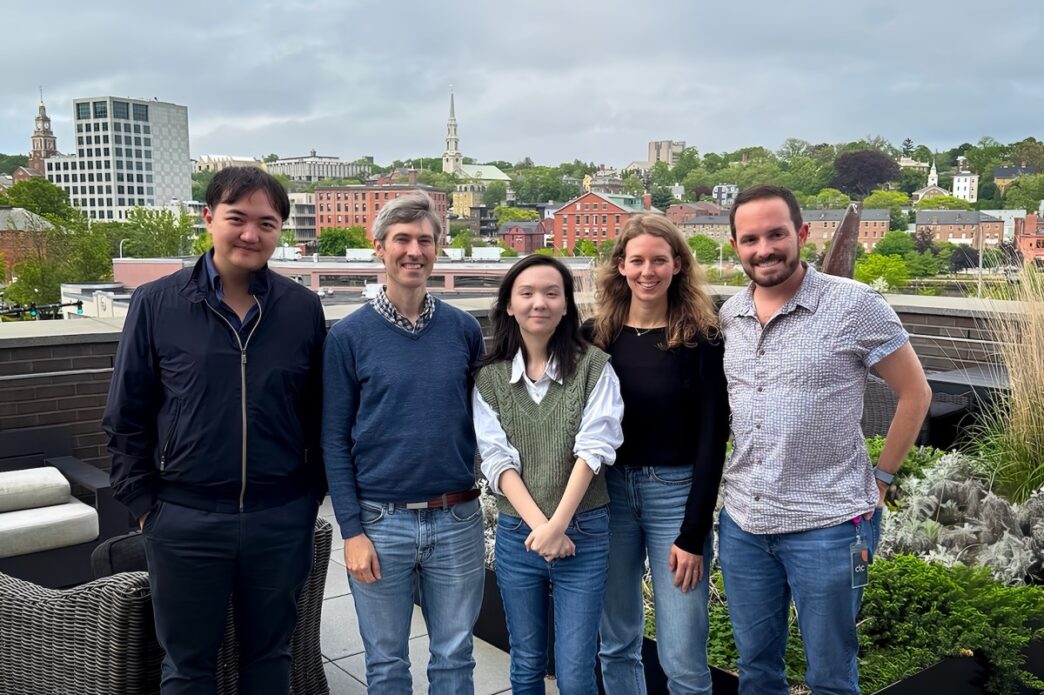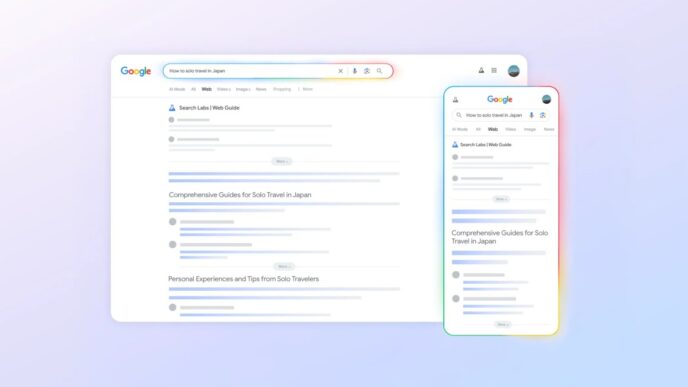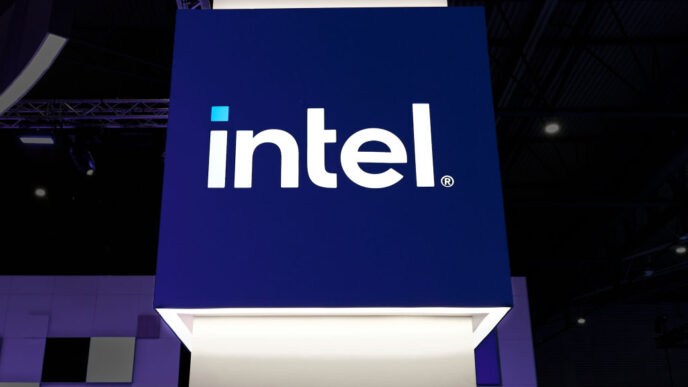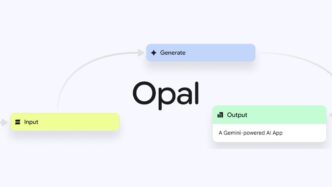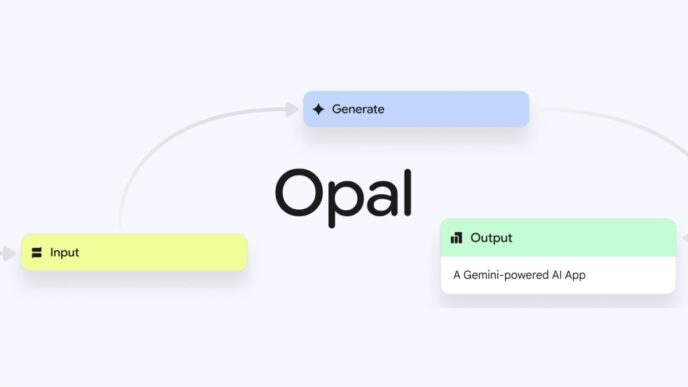CVector just closed a $1.5M pre-seed round to keep its industrial AI startup alive and kicking. The team’s biggest pitch to manufacturers and utilities? "We’re not going anywhere." That’s a big deal when customers worry about startups vanishing or getting scooped up by giants with deep pockets.
Founders Richard Zhang and Tyler Ruggles are banking on their unique backgrounds to build trust. Zhang formerly built iPad apps for Shell’s oil operations. Ruggles has a PhD in particle physics and experience working on the Large Hadron Collider, handling ultra-time-sensitive data. Their combined know-how shapes CVector’s AI “brain and nervous system” that runs on everything from fintech tech to McLaren F1 open source software.
CVector’s AI digs into tricky real-world problems. Like factoring in weather’s hidden effects — snow leading to salt on parking lots, carried inside factories, and impacting precision machinery. The AI tries to anticipate those issues to boost operations and profits.
They’re already deployed in chemicals, automotive, and energy sectors. Especially on old-school grid dispatch systems coded in legacy languages like Cobra and Fortran. CVector builds overlays that give operators real-time insights with low latency.
The startup’s tiny — just eight people split between Providence, NYC, and Frankfurt. But thanks to backing from Schematic Ventures, they’re recruiting folks committed to long-term infrastructure work. That dedication helps reassure hesitant customers.
Julian Counihan from Schematic highlighted one reason behind CVector’s early traction:
“Sometimes it comes down to founders being mission-aligned with the company and clearly communicating that long-term commitment to customers.”
Ruggles is all in on rapid, practical impact over academic research:
“I love the fact that instead of trying to write a paper, submit it, get it through the peer review process and get it published in a journal and hope that somebody looks at it, that I’m working with a client on something that’s in the ground and that we could be helping them keep it up and running,”
“You can make changes, build up features, and build new stuff for your customers — rapidly.”
CVector’s push into “large-scale critical infrastructure” could shake up how aging industrial systems handle AI. If the startup can prove its staying power, those worried utility and manufacturing execs might finally get some peace of mind.
TechCrunch event: San Francisco, October 27-29, 2025

